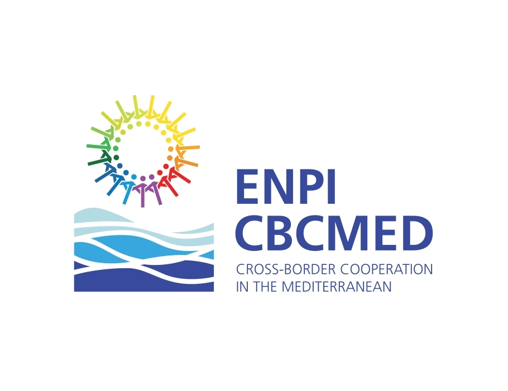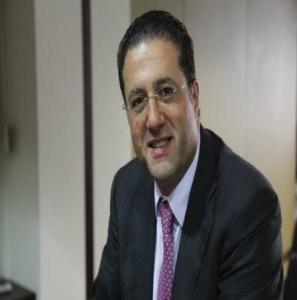.
Project



Objectives
- Main objective :
Improve the system of matching supply and demand for skills in the short and medium term (over the next 3-5 years), thus strengthening the employability of young people and adults and improving economic competitiveness.
- Specific objectives :
1. Set up at UCD and USJ national structures responsible for prospecting and anticipating labor market needs in terms of skills by July 2013.
2. Ensure methodological and instrumental approaches for the measurement and anticipation of skills needs in the short and medium term (at 5 years) for different contexts and different types of decision for education and training in a training perspective throughout life and for the management of the labor market.
3. Train 50 experts from partner countries in skills monitoring and anticipation methodology.
4. Develop best practices by conducting pilot study projects with more than 400 companies and by developing training guidelines for 10 professions.
5. Disseminate the results with a view to a generalization of methodological approaches of the adequacy between supply and demand for skills and sustainability of actions to promote employability.


Partners

Chamber of Commerce, Industry and Agriculture - Lebanon

Directorate General of Higher Education - Lebanon

Lebanese University

Saint Joseph University - Lebanon

ANAPEC: National Agency for the Promotion of Employment and Skills - Morocco

CGEM: General Confederation of Moroccan Enterprises

Ministry of Higher Education - Morocco

Mohamed Premier University - Morocco

Ibn Tofail University - Morocco

Chouaib Doukkali University - Morocco

Institute for Advanced Studies (Vienna): Employment – Qualification – Innovation Research Center - Austria

Limburg Institute for Business and Economic Research LIBER/ROA (Maastricht) - Netherlands

Athens University of Business and Economics - Greece

University of Koblenz-Landau: Institute of Management and Informatics - Germany

University of Strasbourg: Faculty of Education Sciences (Recipient) - France

Project summary
PACOME aims to reduce the gap between supply and demand for skills in the labor market, thus strengthening the employability of young people and adults and indirectly economic competitiveness. This regional project is structured in four phases:
- The establishment of observatories of trades and skills in Morocco and Lebanon and the training of technical personnel.
- Development of qualitative and quantitative methods and approaches to monitor and anticipate the needs in skills in the short and medium term (within 3-5 years). The expected results include a general policy document with a toolkit to monitor and anticipate skills needs
- The constitution and training of groups of permanent national experts who will help in the identification exercise and the development of the understanding of the challenges of education and training in partner countries
- Pilot studies which will serve as examples of good practice.








